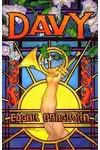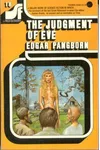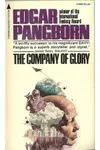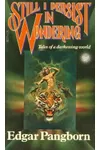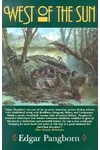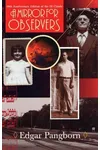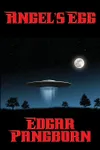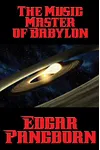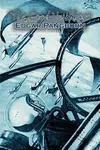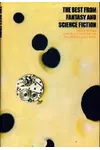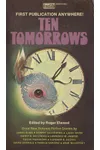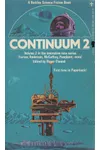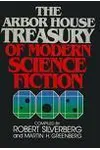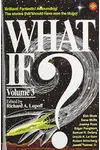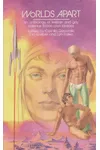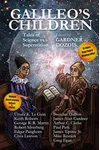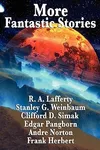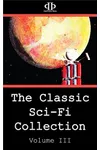Picture a New York storyteller who spun tales of human heart amid cosmic chaos—meet Edgar Pangborn! Born in 1909, this American writer blended science fiction with profound humanist themes, crafting stories that linger like a haunting melody. From his Hugo-nominated Davy to the award-winning A Mirror for Observers, Pangborn’s work invites readers to explore love, hope, and resilience in worlds both strange and familiar.
His journey from pulp magazines to literary acclaim is as captivating as his fiction. With a voice that inspired giants like Ursula K. Le Guin, Pangborn’s legacy shines in the science fiction canon, proving that even in the vastness of space, the human spirit takes center stage.
The Making of Edgar Pangborn
Edgar Pangborn was born on February 25, 1909, in New York City, into a family steeped in words. His mother, Georgia Wood Pangborn, penned ghost stories for magazines like Scribner’s, while his father, Harry, edited dictionaries. Homeschooled until 1919, Edgar and his sister Mary crafted handwritten storybooks, sparking his lifelong love for storytelling. At 15, he studied music at Harvard and later at the New England Conservatory, but by his 20s, he abandoned the piano for the pen. His early career saw him churning out “literary hackwork” for pulp detective magazines under pseudonyms like Bruce Harrison, honing his craft before his science fiction debut in 1951 with “Angel’s Egg” in Galaxy Science Fiction.
Edgar Pangborn’s Unforgettable Stories
Pangborn’s science fiction is a tapestry of humanism, music, and poignant emotion. His 1954 novel, A Mirror for Observers, won the International Fantasy Award, weaving a tale of Martian observers guiding humanity’s fate through a gifted boy. Critics praised its “beautiful and moving” prose. Davy (1964), a Hugo-nominated bildungsroman, follows a young man’s adventures in a post-apocalyptic, theocratic Northeast, blending humor and heart in a pseudo-medieval world. West of the Sun (1953) explores human colonists forging a utopia on the alien planet Lucifer, showcasing Pangborn’s knack for reflective endings. His short story “The Music Master of Babylon” (1954) evokes a pianist’s solitude in a ruined New York, echoing his own musical roots. Pangborn’s style—humane, lyrical, and laced with dark humor—sets him apart, making his worlds feel both alien and deeply personal.
His works often carry musical undertones, reflecting his early training, and explore themes of love as a tangible “country” to visit, as noted by critic Spider Robinson. From historical novels like Wilderness of Spring (1958) to courtroom dramas like The Trial of Callista Blake (1961), Pangborn’s versatility shines, but his science fiction remains his crown jewel.
Why Edgar Pangborn Matters
Pangborn’s influence ripples through science fiction, inspiring writers like Ursula K. Le Guin, who credited him with showing that emotional depth could thrive in the genre. His humanist approach—focusing on empathy and connection—helped shape a softer, character-driven sci-fi wave in the 1950s and beyond. In 2003, he received the Cordwainer Smith Rediscovery Award, cementing his status as a talent deserving renewed attention. His stories, set against nuclear fears or alien landscapes, speak to universal hopes, making them timeless. Today, readers still find solace in his vision of humanity’s resilience.
- Born: February 25, 1909, New York City
- Key Works: A Mirror for Observers, Davy, West of the Sun
- Awards: International Fantasy Award (1955), Cordwainer Smith Rediscovery Award (2003)
Snag Davy or A Mirror for Observers and dive into Edgar Pangborn’s soulful sci-fi adventures! His worlds await, ready to stir your heart and spark your imagination.
